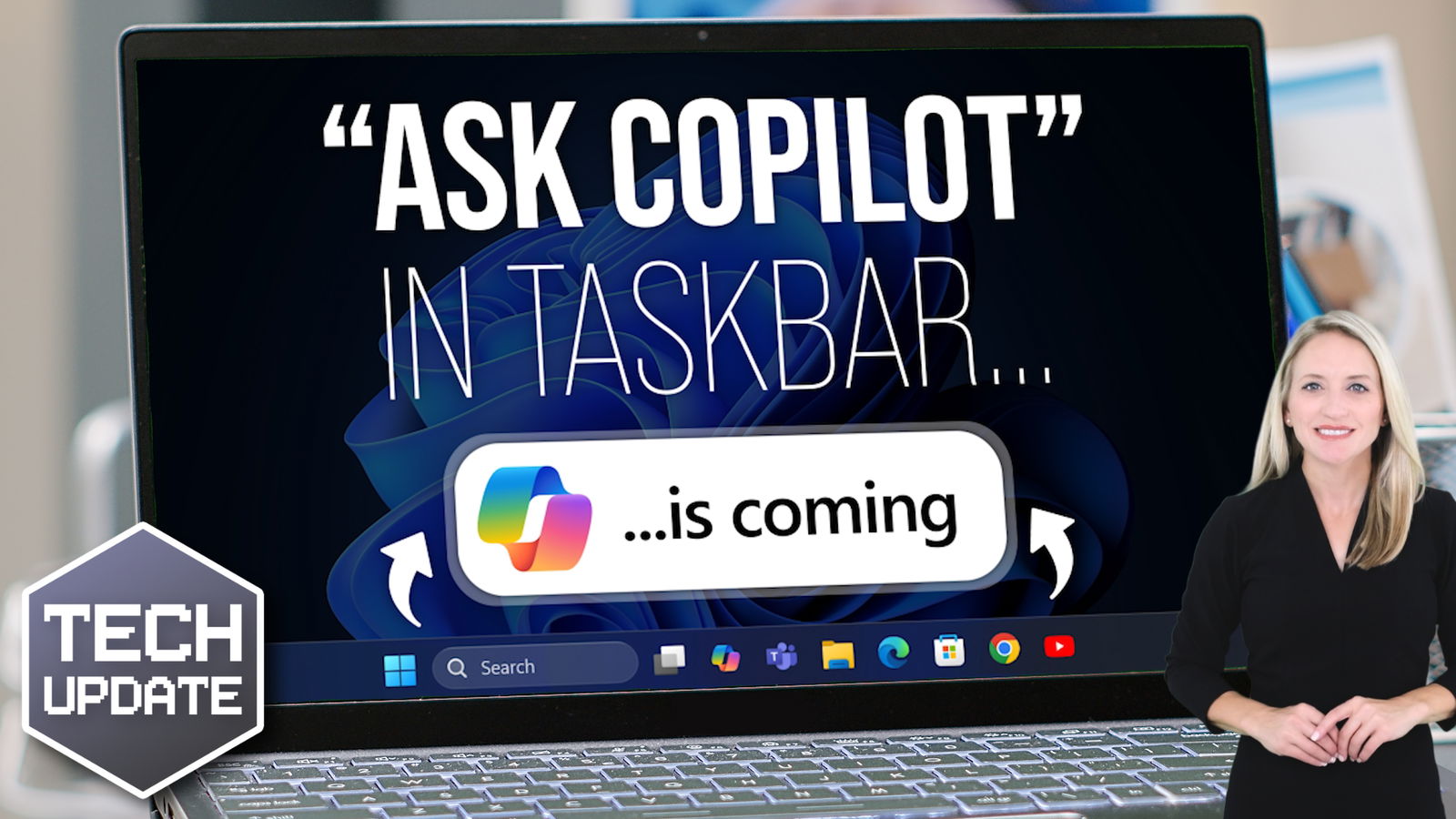When you’re trying to protect your business, what could possibly go wrong by downloading antivirus software?
More than you might think.
If you’re not careful, that “antivirus” might be the threat.
Cybercriminals are getting better and better at creating fake websites that look just like the real thing. One recent example involved a convincing copy of the website of one of the most trusted names in cybersecurity.
The fake site looked nearly identical to the real one, complete with the download button in all the right places. But behind that button was a nasty surprise: Malware disguised as a helpful tool.
Clicking “Download” on the fake site didn’t install antivirus protection.
It triggered a download called StoreInstaller.exe, which installed something called VenomRAT. That’s short for Remote Access Trojan. A type of malware that gives attackers complete control of your computer without you knowing. It can steal passwords, record keystrokes, access webcams, and even open the door for more malicious software.
In this case, the goal wasn’t only spying. It was stealing.
Researchers say the cybercriminals behind this fake antivirus site were trying to grab login credentials and cryptocurrency wallet information. Once they had access, they could sell it to others or use it to steal money directly.
And it’s not just antivirus software they’re faking.
These criminals have also impersonated banks and IT service companies to trick people into letting their guard down. It’s easy to fall for. Especially when the fake sites are hosted on platforms like Amazon, making them look even more legitimate at a glance.
If your business falls victim to this kind of scam, the consequences can be severe. You could lose sensitive company data, have customer details exposed, or suffer financial losses.
The clean-up is expensive and stressful, not to mention the damage to your reputation if client information is involved.
The best defense is to be cautious.
Always check website addresses carefully. Never click on a link in an email or message unless you’re sure it’s genuine. And only download software – especially security tools – directly from a provider’s official website.
It’s also worth having a trusted IT partner (like us) who can double-check things if you’re not sure.
This is a reminder that cybercriminals don’t just rely on technical tricks. They rely on people being busy, distracted, or just trying to do the right thing. A little extra vigilance now can save you a huge headache later.
If you’re ever in doubt, we’re here to help you stay safe. Get in touch.


